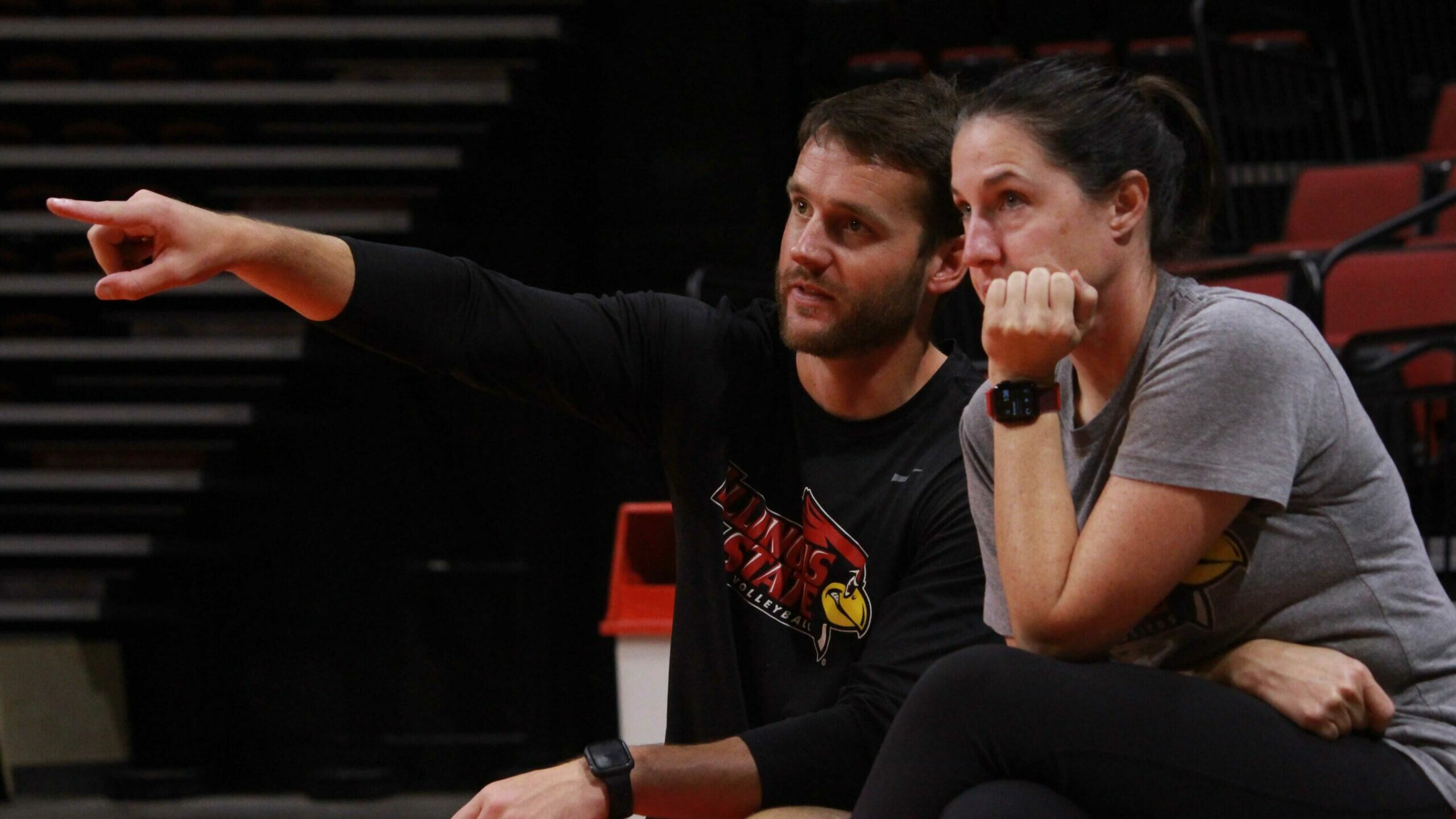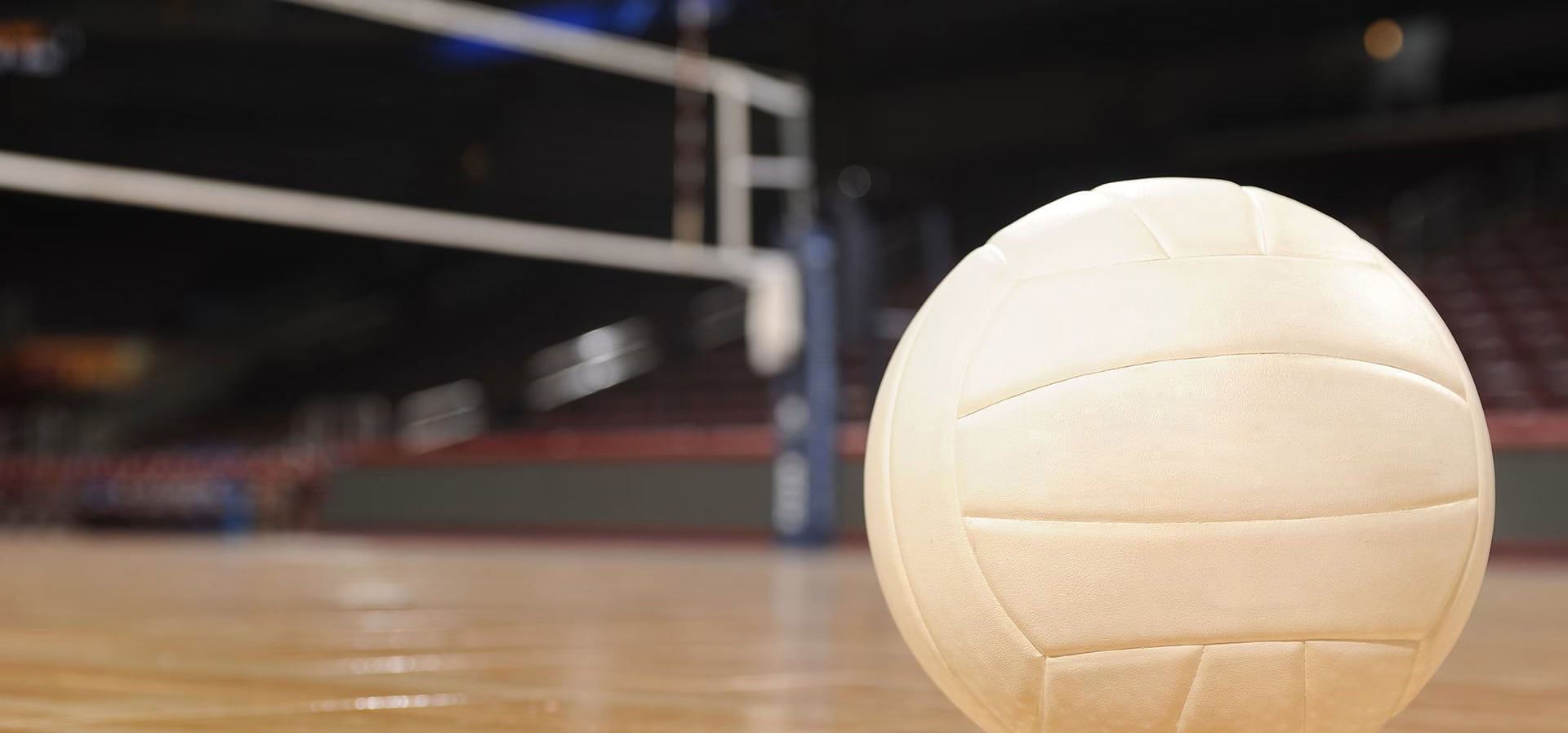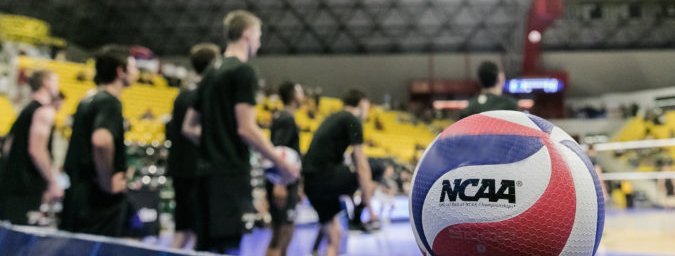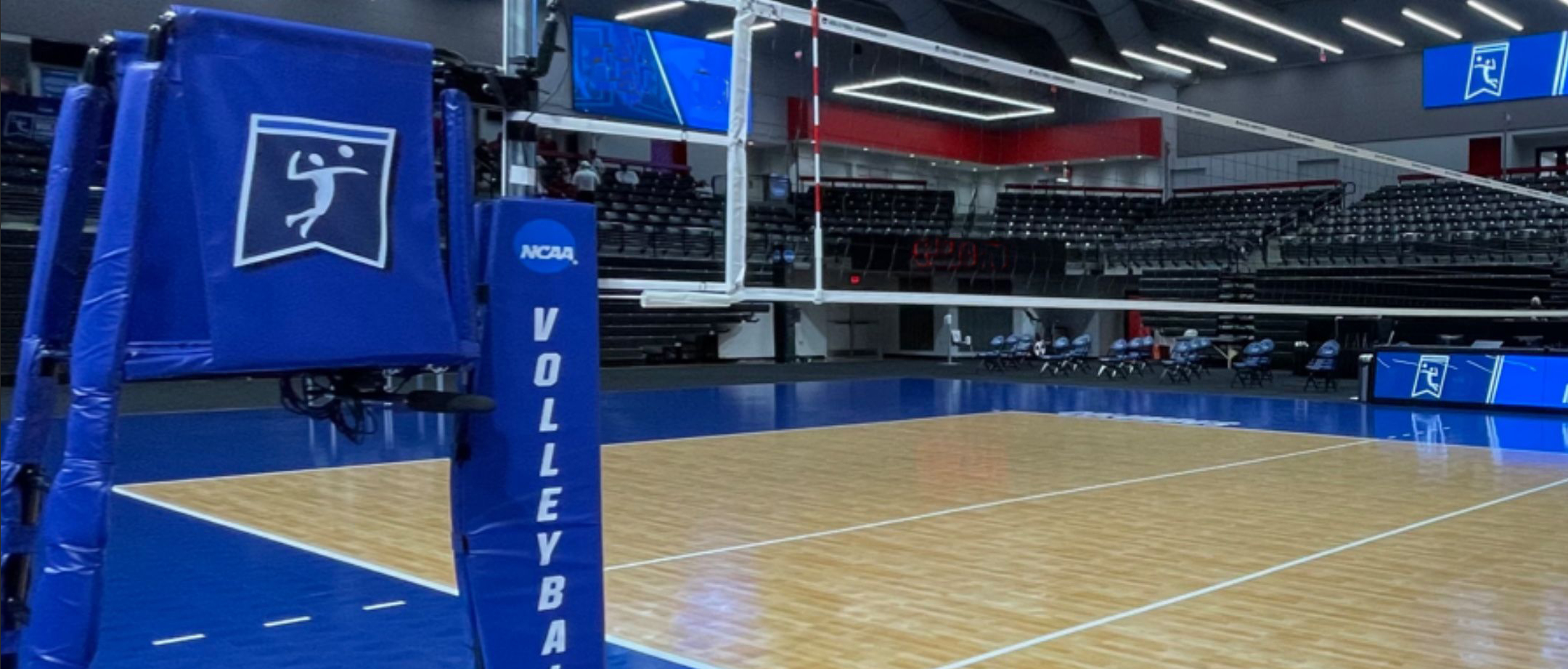By Mike Becker, Assistant Volleyball Coach at Illinois State University
I believe the assistant’s primary role is to support their head coach and program. However, it’s equally important to provide new ideas, training tactics, and solutions. Other than conversations and group discussion, I have found very few resources to support and lead assistant coaches on this mission.
I personally enjoy learning from fellow coaches, and I love hearing new and creative ideas and simply conversing about ways to be a more effective communicator and coach. Hopefully through this article, I can share some of my thoughts on how to communicate ideas to your head coach and support his/her decision (whether it’s your idea or not).
Communication is a vital part of our daily lives as coaches. We utilize our communication skills in nearly every environment we enter. Effective and transparent communication leads to strong relationships, and trust is built through honest communication. I find that successful teams with a great culture of trust commonly have leaders who are effective communicators.
In his book “The Five Dysfunctions of a Team,” Patrick Lencioni states: “If we don’t trust one another, then we aren’t going to engage in open, constructive, ideological conflict. And, we’ll just continue to preserve a sense of artificial harmony.”
If healthy debates lead to building trust and true harmony, how can we communicate ideas to our head coach in a healthy manner? Here are four thoughts:
Verbal Communication I believe we are hardwired to seek harmony with our peers and that we have a desire to be liked by others. However, in coaching this can be dangerous because we might become too agreeable rather than inquisitive, and group think tends to discourage creativity. I encourage assistants not to shy away from healthy conflict or debate but to embrace it.
Be confident in providing a different perspective, opinion, or idea; just make sure you provide examples or evidence. An idea without support is similar to a problem without a solution, and I have learned to go to my head coach with answers already in hand. This transparency and honesty in communication will help develop trust and respect between you and your head coach.
The team and program benefit greatly from a staff that can respectfully challenge each other’s ideas. Remember, in the end, it is the head coach’s decision. Suggest your ideas and unequivocally support his/her decision. Be clear in this truth; it is their program, not yours.
Non-Verbal Communication After decisions are made, it’s the assistant’s role to offer the head coach both verbal and non-verbal support. This can certainly be a challenge if a staff disagrees about a decision. I encourage assistants to be attentive to their tone, eye contact (or lack thereof), and body posture. These non-verbal cues equally convey support or lack of support—and trust me, the team will notice if your actions are not genuine.
The gym is not the only place non-verbal communication speaks volumes. I believe trust and true harmony can be built in the in-between moments in the office, on the road, and around support staff. Be fully present while you are engaging with people. Avoidance is never the answer.
Visualization Effective communicators help create and convey vision. I have learned it is easier to get where you want to go if you can see yourself going there. I encourage assistants to visualize what they want for themselves and their program. Try to think bigger picture. Put aside your feelings or emotions in the moment and try to view the conversation from above. Practice thinking like a head coach before presenting ideas. After all, if we want to be it, we must practice it.
Reflection I’ve heard before that we do not learn from experiences; we learn from reflecting on experiences. Post-communication with the head coach, are you “judging” the conversation? If so, try replacing the judgment with awareness and questions. Why did my idea get accepted or rejected? What were their concerns?
I would love to hear what other coaches have learned about effective communication, so please reach out to me!







